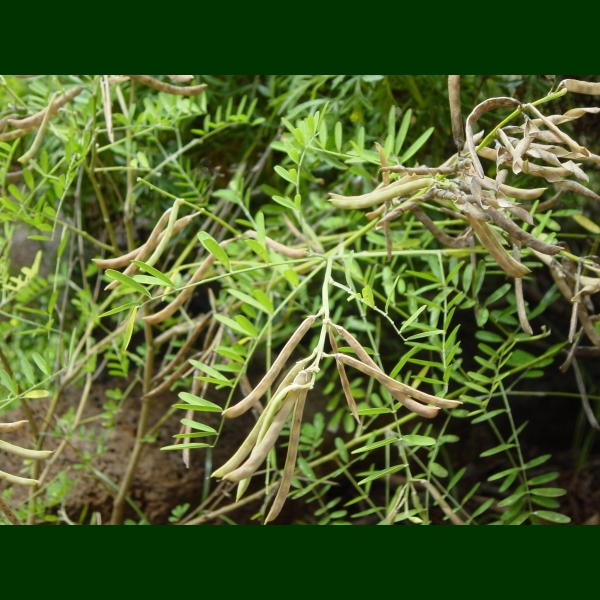 Hawaiian Name(s): ‘auhuhu, ahuhu, ‘auhola, hola
Hawaiian Name(s): ‘auhuhu, ahuhu, ‘auhola, holaScientific Name: Tephrosia purpurea
Vernacular Name: none
Family: Fabaceae
Status: Polynesian introduction
Authority: (L.) Pers.
Description: Subshrubs, to 1.5 m tall.
Habitat Dry, rocky or clay soil in coastal sites, on lava fields, open areas 5–610 m on all main islands (Wagner et al. 1990:710).
Medicines: The leaves and leaf buds are ground and mixed with salt, niu (coconut, Cocos nucifera), as a topical treatment for cuts; also for itchy skin (Chun 1994:49).
Non Medicinal Uses: Parts of the plant contain tephrosin, which stuns fish but not mammals, used in tide pools to poison & capture fish (Abbott 1992:86).
Specific gravity of wood: unknown
Famous Locations:
Mele:
`Ōlelo Noeau: [I] He ‘apu ‘auhuhu koheoheo. A poisonous concoction made of ‘auhuhu. A person of poisonous nature. [II] He i‘a ua nipoa i ka ‘auhuhu. A fish stunned by ‘auhuhu juice. Said of one under the influence of sorcery or other evil.
Dye Color and Parts:
Kino lau:
Location on Bishop Museum Kalihi Campus:
Propagation Information:
Seed: Seed length approximately 4.5 mm. Photograph: H.Lennstrom.

